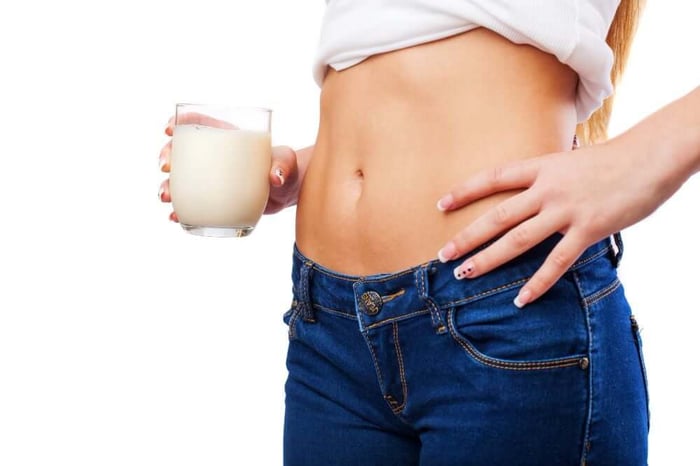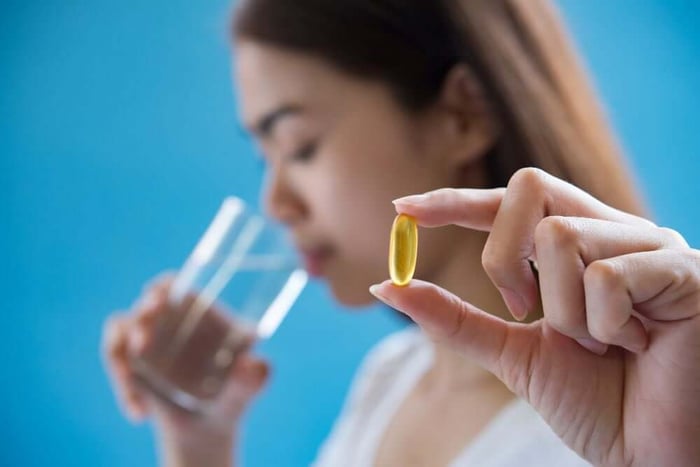The Microbiome Revolution—How Postbiotics Are Changing Gut Health
Table of Contents
The human gut microbiome, home to trillions of microorganisms, plays a pivotal role in maintaining overall health. While probiotics and prebiotics have long been recognized for their contributions to gut health, a new frontier has emerged: postbiotics. These bioactive compounds, produced during the fermentation process, are garnering attention for their potential health benefits. How can they help? Find it out in this article!
What Are Postbiotics?
Postbiotics are metabolic byproducts released by probiotics during fermentation. Unlike live probiotics, postbiotics are non-viable and do not contain live microorganisms. They encompass a variety of substances, including:
- Short-Chain Fatty Acids (SCFAs)—Produced by the fermentation of dietary fibers, SCFAs like butyrate, propionate, and acetate serve as energy sources for colon cells and play a role in maintaining the gut barrier function.
- Bacterial cell wall components—Fragments such as peptidoglycans and lipoteichoic acids can influence immune responses and gut permeability.
- Metabolic byproducts—Compounds resulting from bacterial metabolism that can modulate host signaling pathways.
As such, postbiotics may be a more direct way to harvest the benefits offered by probiotic gastrointestinal health supplements. But to understand that, we need to look at the potential benefits.
Why Should You Consider Taking Postbiotics?
According to multiple studies, postbiotics may offer numerous health benefits similar to those that you can get by taking probiotics. What are they in particular? Here are some of the most essential ones:
Enhancing Gut Barrier Function
Postbiotics have been shown to strengthen the gut barrier, reducing intestinal permeability and preventing the translocation of pathogens and toxins into the bloodstream. This fortification supports overall gut health and may mitigate conditions like leaky gut syndrome.
Modulating Immune Responses
Certain postbiotic compounds can influence immune system activity, promoting anti-inflammatory responses and potentially alleviating symptoms of inflammatory bowel diseases (IBD) such as ulcerative colitis and Crohn's disease.
Exhibiting Antimicrobial Properties
Postbiotics possess antimicrobial characteristics, aiding in the suppression of pathogenic bacteria within the gut. This contributes to a balanced microbiota and may reduce the risk of infections.
Supporting Metabolic Health
Some postbiotics have been linked to improved metabolic profiles, including enhanced insulin sensitivity and lipid metabolism, which are crucial for managing conditions like obesity and type 2 diabetes. When combined with vitamins that boost metabolism, they might give you some really good results.
Potential Neuroprotective Effects
Preliminary studies suggest that postbiotics may influence the gut-brain axis, offering potential neuroprotective effects and contributing to mental well-being.
Dietary Sources of Postbiotics
Do you have to take specific supplements to consume postbiotics? No! While supplementation might help, especially if you don’t really want to change your diet, there are some natural sources. Namely, fermented foods like:
- Kimchi—A Korean fermented vegetable dish, primarily made from cabbage and radishes, known for its probiotic and postbiotic content.
- Kefir—A fermented milk beverage containing a diverse array of probiotic strains, contributing to postbiotic production.
- Sauerkraut—Fermented cabbage that offers both probiotics and postbiotics beneficial for gut health.
Regular consumption of these foods can enhance your intake of postbiotics, supporting various aspects of health.
The Takeaway
Postbiotics are available in multiple natural sources and as dietary supplements. They offer multiple benefits that can replace probiotics or enhance their potential health benefits. In the end, the focus on postbiotics that we can observe now will bring more research into the perks of taking these supplements, but one thing is certain—they are an option worth considering.
Did you like this article? You may also read: Best Probiotics for 2025—Supplements to Improve Gut Health




